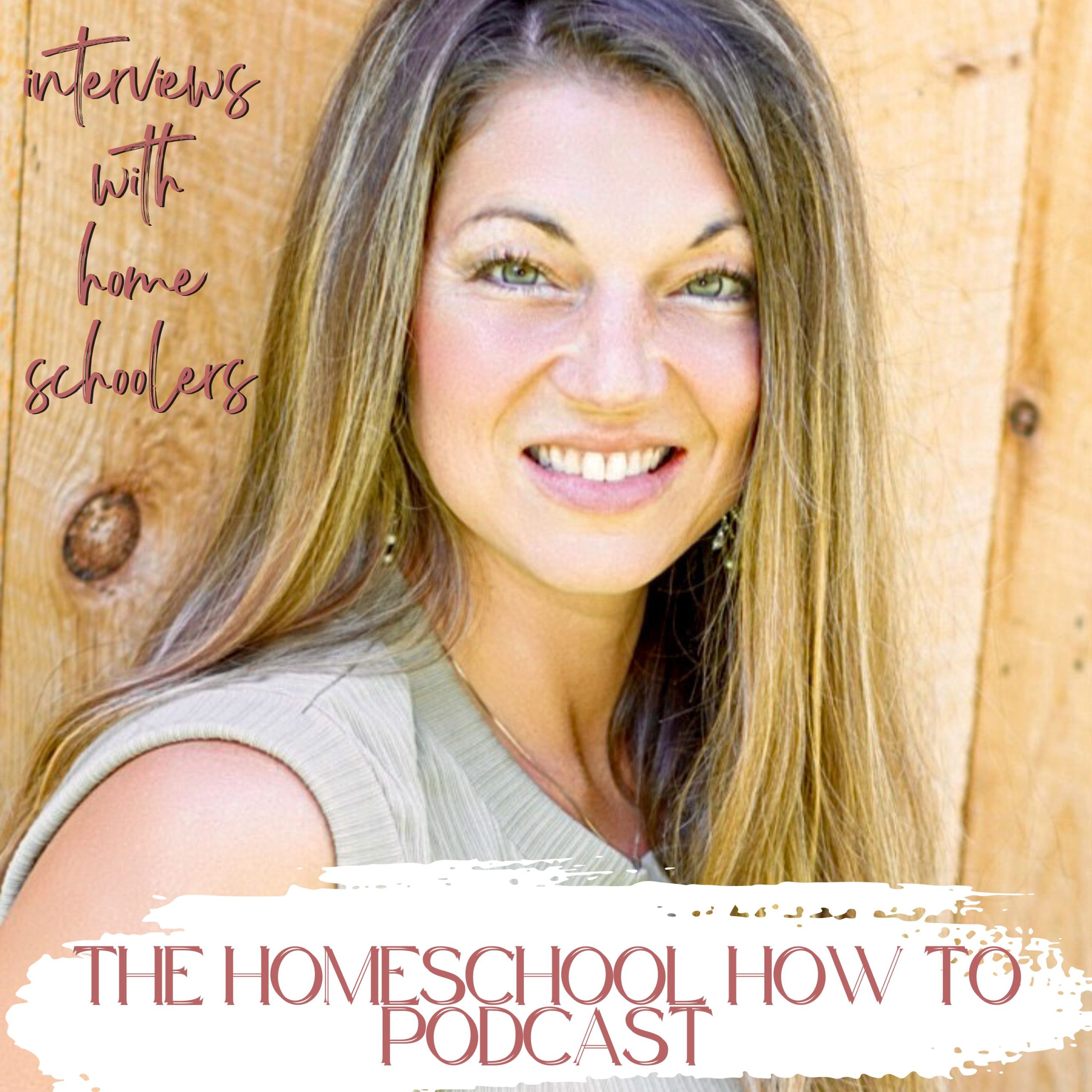In the latest podcast episode, we embark on a captivating exploration of alternative lifestyles, focusing on homeschooling, off-grid living, and the creation of family-centered communities. Our guest, Mary, a former ENL teacher, shares her transformative journey from the conventional education system to embracing a more self-directed and fulfilling life. Her experiences with refugee students, particularly from the Karen ethnic group of Burma, profoundly influenced her perspective on education and lifestyle choices.
Mary’s story begins in the classroom, where she spent years teaching English as a New Language to refugee and immigrant students. The stark contrast between the freedom-filled lives of the Karen community in Thai refugee camps and the structured environment of American schools led her to question the traditional education system. Observing the prevalence of depression among American students, Mary found inspiration in Sebastian Junger’s book “Tribe,” which highlights the importance of community and shared resources. This revelation prompted her to consider homeschooling as an alternative path for her own family.
Homeschooling presents its own set of challenges, especially when custody agreements and modern family dynamics are involved. The episode delves into the complexities faced by parents, particularly mothers, who wish to homeschool amidst separation from their child’s other parent. The COVID-19 pandemic played a pivotal role in shifting perspectives on education, making personalized learning paths more viable. Mary’s personal journey underscores the broader dissatisfaction with societal norms and the search for alternatives to conventional schooling.
In pursuit of authentic living, many families are choosing to step away from societal expectations. The podcast explores bold lifestyle choices such as off-grid living and unschooling, emphasizing the creation of supportive communities or “tribes” that prioritize family values. The conversation extends to the influence of modern family dynamics, the impact of technology on familial bonds, and the liberating process of breaking free from traditional norms. Through engaging stories and personal reflections, the episode offers inspiration and insights for anyone considering a more self-directed, family-centered life.
The impact of modern family dynamics is a key theme in the discussion. The episode suggests that the women’s movement’s integration into the workforce primarily served to increase the tax base and extend government influence into family life. Increased school hours and homework infringe on family time, weakening sibling bonds and family unity. The conversation critiques modern legal entanglements of marriage and divorce, advocating for a return to more autonomous family and relationship practices.
Embracing unschooling and the challenges of traditional education systems are explored in depth. The limitations of conventional schooling, particularly in nurturing a child’s passions and unique learning paths, are discussed. Personal anecdotes illustrate the experience of Mary’s son, Merrick, whose love for reading flourished outside the constraints of school. The process of de-schooling as parents allows children to learn at their own pace, fostering creativity and practical application of skills.
The creation of a homeschooling tribe is another significant topic. The transition from traditional schooling to homeschooling is highlighted, emphasizing the formation of a close-knit community where parents and children share similar values and interests. The challenges of modern technology, particularly cell phones, are discussed, with a focus on keeping children engaged with the world around them rather than constant screen exposure.
Ultimately, the episode emphasizes the decision to break free from societal norms, prioritizing personal and family well-being over conventional career paths. It explores themes of self-imposed limitations and the realization of living as both prisoner and guard within our own lives. The power of homeschooling is highlighted, challenging traditional education narratives and finding true purpose outside societal expectations. The episode concludes with gratitude for the insights shared and a promise to continue exploring home-centered lifestyles in future discussions.
